People 07.2024
From forest science to thermal power to scaling renewables for a sustainable future: Shinji’s story
We spoke to Shinji, one of very first JERA Nex team members, about how his career has taken him from a degree studying forest sciences into the world of thermal power at JERA, and now to London with JERA Nex where he’s following his childhood ambition to protect the environment by scaling solutions to the energy transition.
How would you introduce yourself outside of a work setting?
People say I’m very straightforward and direct, which is perhaps not what people would typically expect of a Japanese person. I am the kind of person who likes very much to learn new things. I grew up in Osaka, the second largest city in Japan and used to enjoy a lot of sport, like running, hiking and tennis. Now though, I have young children so like most parents, the center of my world is my two little boys, who are turning one and three years’ old this year.
What led you to studying a degree in forest sciences?
I was at that time, and am still, very much interested in protecting the environment. Growing up, my grandparents lived in a rural part of the mountains, growing oranges, watermelons and other fruit. The time we spent with them in the summers made me feel an appreciation for nature that I wanted to explore further in my studies, and I thought that doing something with forests and would be the most direct way to protect nature.
I studied forest science in Kyoto, and funnily enough COP3 was taking place there. My major focused on understanding more about the movement of CO2, water and heat within forests, and how changes in the earth’s CO2 levels were impacting forests. At the same time, I joined the mountain climbing club and used to spend summers exploring the Japanese mountains, which took my learning beyond the classroom and made me feel closer to nature than ever.
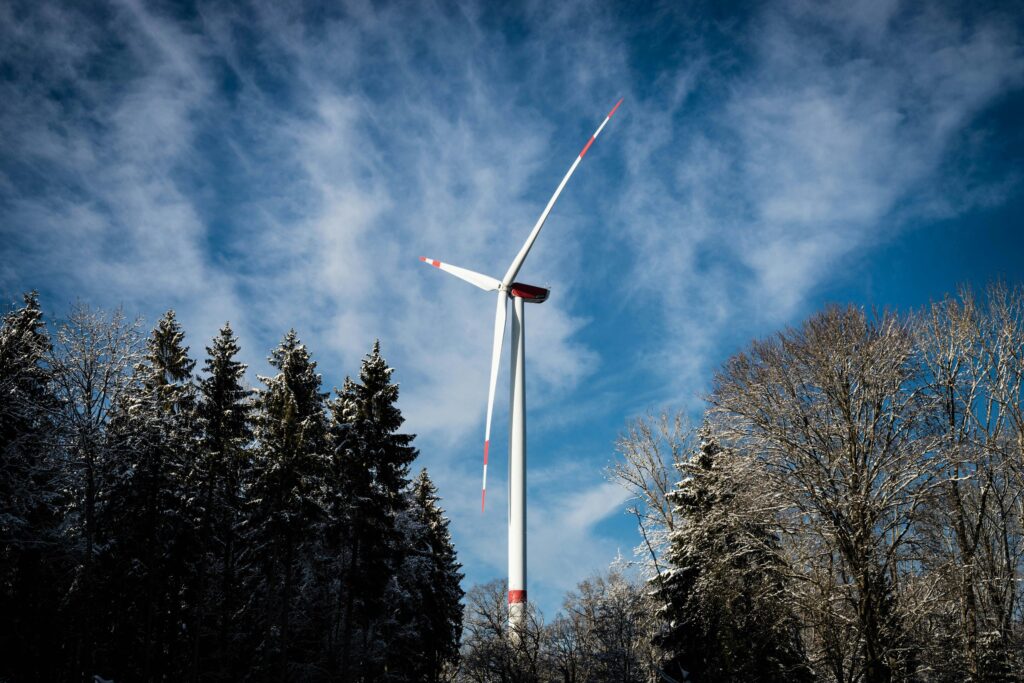
How did that develop into a career in energy?
I had the realization that a realistic way to contribute to solving environmental challenges would be to approach those challenges in the real world, rather than academically. Energy is one of the core elements that influences the environment, and so I applied to roles in the industry and joined TEPCO after graduating.
Like many Japanese companies, TEPCO runs a graduate programme that allocates you to different local branches and then areas of the business, so you can learn as much as possible about how the company runs. In my early years with the company, I worked in all kinds of roles, including inputting customer service data and managing the parts distribution facilities before moving to headquarters to work in the overseas business development team. I was there for more than ten years, mainly focused on thermal projects, including two years spent in Jakarta on project development and asset management.
When did you move into renewables?
I came back from my assignment in Jakarta in 2015, the year JERA was founded as a joint venture between TEPCO and Chubu Electric. I was one of the first 40 people to join JERA, which was focused pursing thermal power as well as some other fuels and power business areas, the renewables side of the business didn’t exist. After a few years, people started to discuss the need to diversify JERA’s interests further and renewables came up as a fast-growing and important area. I had been doing thermal power for nearly 15 years and was ready for a change. At the same time, I knew how important renewables were becoming for the energy transition and addressing climate change and wanted to be part of that solution.
After doing renewable projects in and outside of Japan for 5 years, I asked to move across into what’s called the ‘business alliance unit’ which had the mandate of setting up JERA Nex as a dedicated renewables subsidiary of JERA, and after we launched, it made sense for me to move here to our headquarters in London.
What’s your current role?
I’m in charge of the planning unit for JERA Nex, which has been a new challenge. My experience is more on the business development side of things, working on mergers and acquisitions like the Green Power Investment acquisition and our bid in the first round of Japan’s offshore wind auctions. Now, my role is more to do with the overall arrangement of JERA Nex as a corporate organization, as well as alignment with JERA HQ, it’s a bit of a catch-all function. One key focus in my role is the evaluation of new investment and divestment opportunities through running the Risk and Investment Committee, a key part of our JERA Nex corporate governance structure.
What do you find exciting about JERA Nex?
I worked in TEPCO and JERA for decades, and this is really the first experimental case where a JERA subsidiary has had such a big mandate and so much responsibility. It shows a huge amount of trust that’s been put in the JERA Nex management team, but also in the future of renewables. We are doing something very special at JERA Nex, it’s cutting edge and I feel very lucky and humbled to be part of it.
What does it mean to you to work in the renewables industry?
I’m happy that after going around all different parts of the energy industry, I’ve come back to my original ambition of working to protect the environment, but now with the hindsight and experience of decades working in a leading energy company all over the world. I truly believe that the renewables industry is the single best solution to solve environmental challenges and tackle climate change while also ensuring energy security and affordability.
Why should people work at JERA Nex?
If they want to do something unprecedented and purposeful. It’s an exciting time to join our team, and there’ll be challenges along the way as we grow, but if people want to be part of that journey, work collaboratively with smart people on one of the world’s most important issues, then JERA Nex is a good place to be.
Finally, can you describe JERA Nex in three words?
Young, agile, energetic.
Read more about careers at JERA Nex here.
You may also be interested in
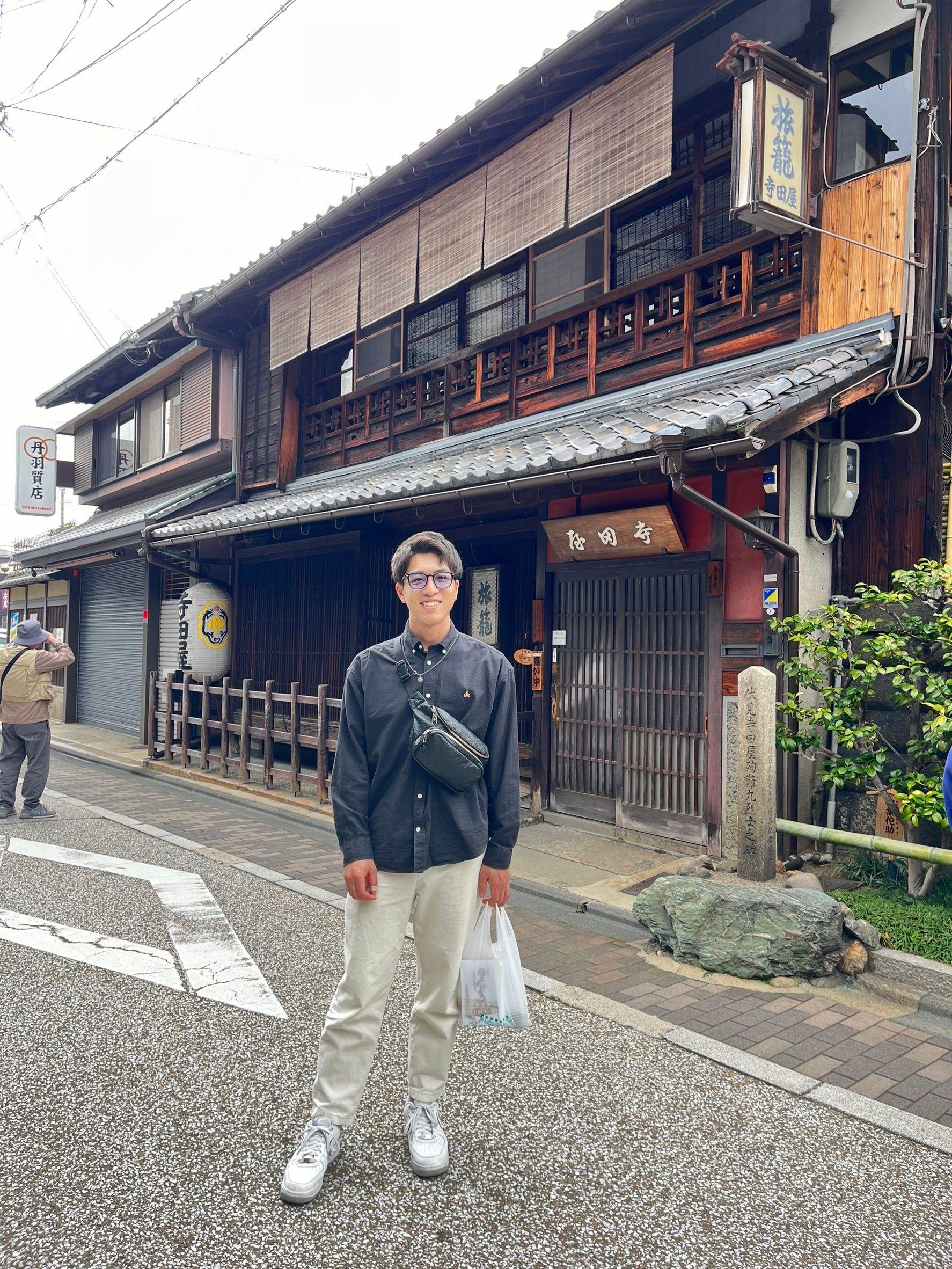
From a childhood in Fukushima to a career in renewable energy: Ryoma’s story
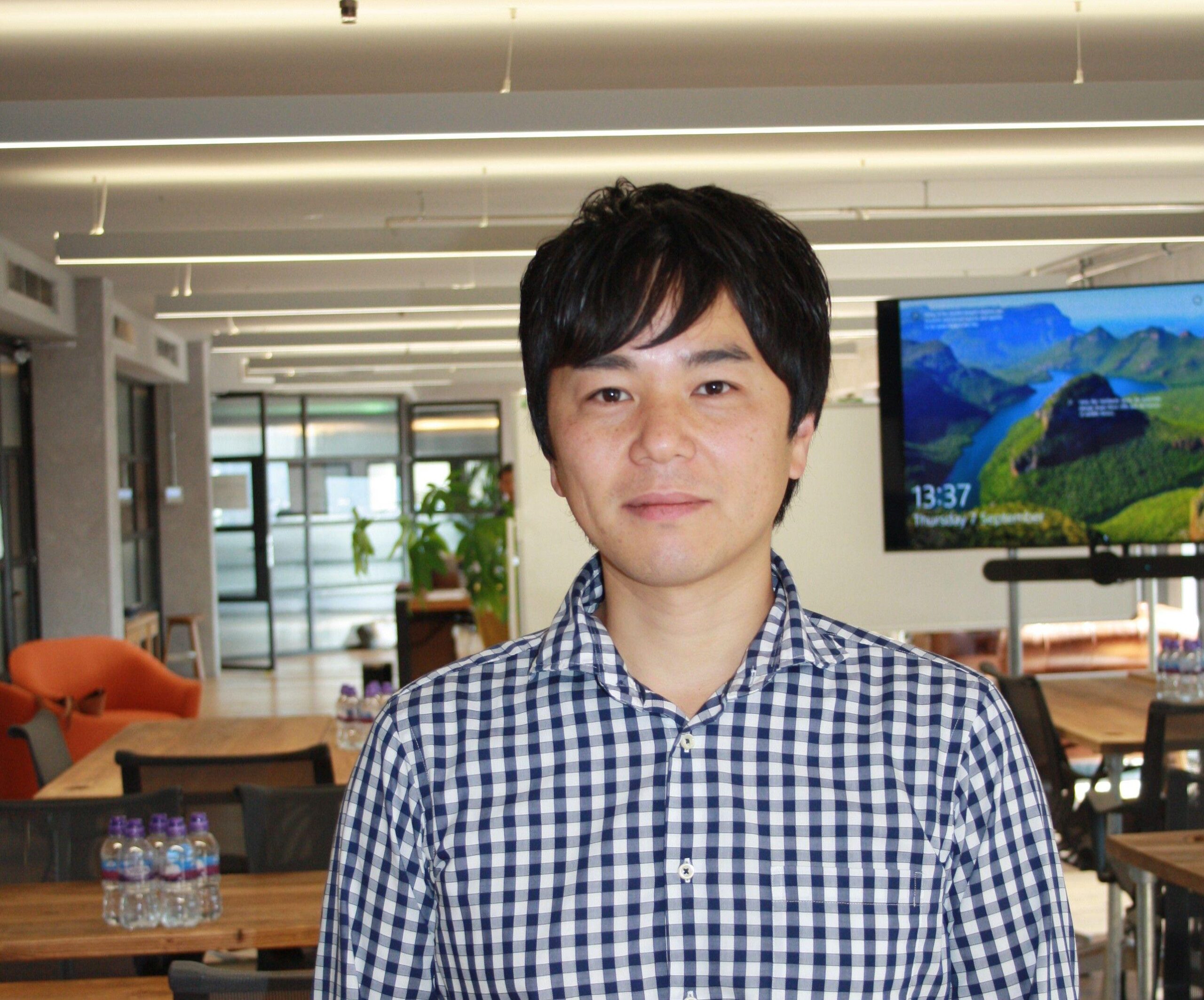
Scaling up battery storage to support the renewables sector: Masaya’s story
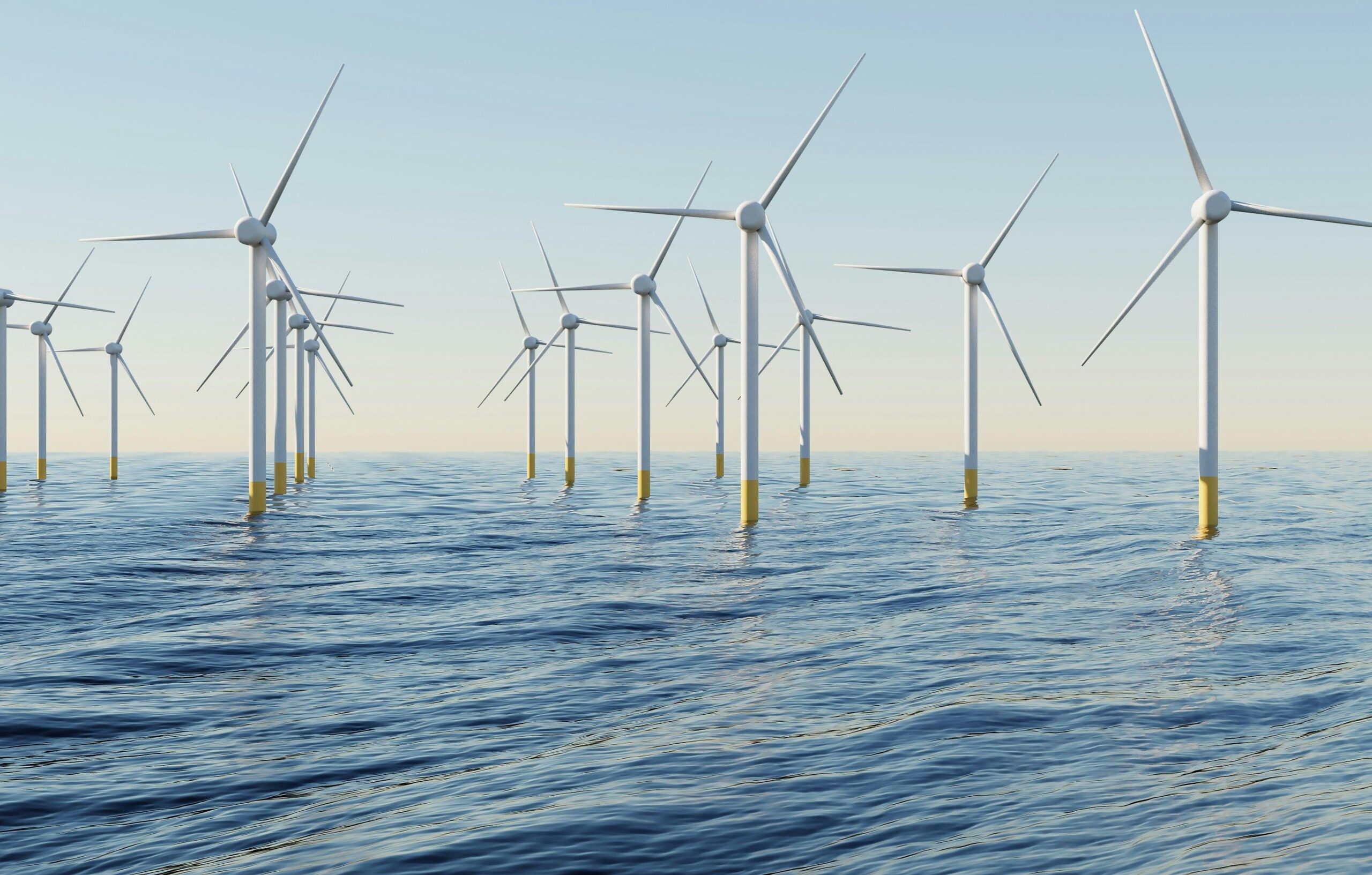
Defying expectations: Maaike’s story
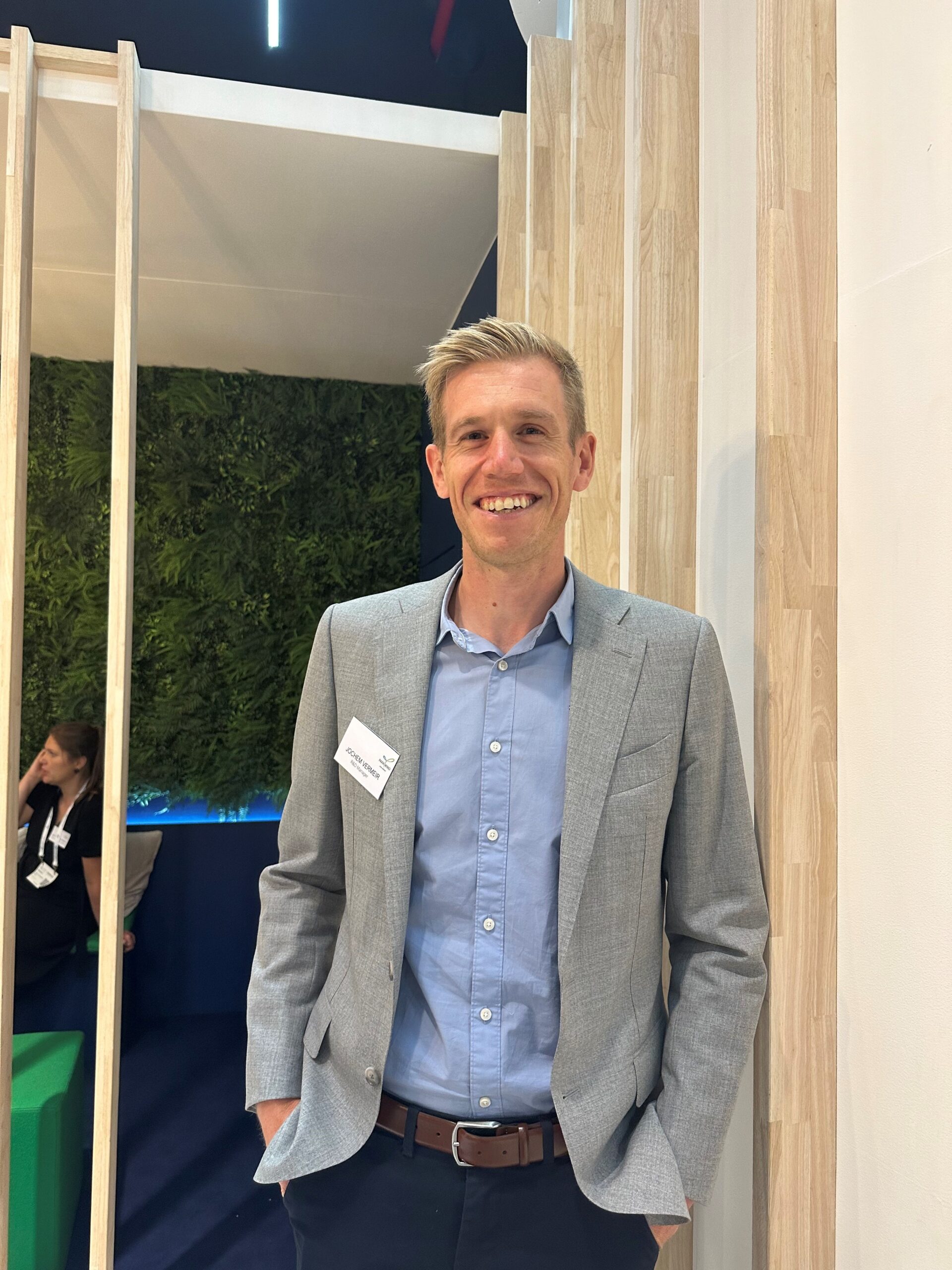
From local roots to engineering global impact: Jochem’s story
Jochem shares his story of looking for solutions to engineering challenges, working on pioneering renewables projects all over the world.